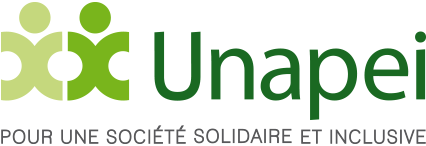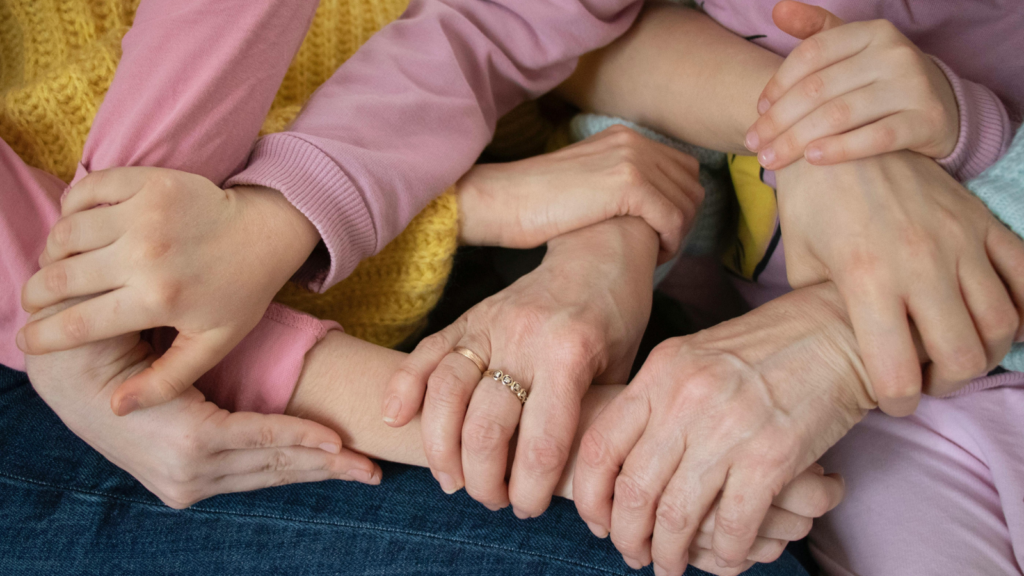For the third time, Unapei and its partners have launched their campaign “#NoSchoolForMe” to denounce the protracted situations of exclusion lived by children with disabilities. As pupils and students find their way back to school, the UN Committee on the Rights of Persons with Disabilities has urged the French government to document and solve the situation lived by thousands of children and young persons with disabilities, who keep on being denied their fundamental right to education and development.
This year again in France, thousands of children with disabilities won’t be able to attend school and experience the things that are important for them as for many others. Some of them won’t attend school at all. Others will only be offered part-time and/or inappropriate conditions of education while facing the consequences of the lack of support programmes and adapted methods of teaching. Beyond the discourse of the French government asserting that more than 42 000 children with disabilities have access to “inclusive education”, Unapei and its partners are committed to voice out the daily struggle of these families through the collection of testimonies on the platform www.marentree.org .
Although the issue seems to be well-known among the French, as 68% of them are aware that children, and particularly children with intellectual disability, have unequal access to the right to education[1], public policies remain unsuccessful to implement inclusive education for all children with disabilities.
“[As]a Mother of a 9-year old child, I had to quit my job because ordinary school does not accept my son more than an hour and a half per day, even though he benefits from the assistance of a school aid for persons with disabilities… where is the inclusion for children with disabilities?” retrieved from www.marentree.org
Far from achieving inclusive education, parents denounce the absence of support they and their kids are coping with, the consequences it has on their lives and on the development of their children. It is not only their fundamental right to education that keeps on being denied by the French government, but also their chance to access life-long learning and to grow up among peers.
To provide further evidence about the shortfall of reasonable accommodations for children with disabilities, and particularly for children with intellectual disability, Unapei has also conducted a survey among 35 of its associations, which unveils a worrying trend. Indeed, 69% of the grassroots organisations supporting children with disabilities were denied school teachers by the French administration, although these rights are enshrined by the UN Convention on the Rights of Child and the Convention on the Rights of Persons with Disabilities. Article 24 of the latter eventually reaffirms the responsibility of State parties to ensure that quality and inclusive education is granted to every child with a disability.
Less than a year before the French presidential campaign, children and young people with intellectual disability and their families know that so many obstacles remain that hinder their access to education and school. This is why Unapei and its partners have pointed out several criteria to focus on in order to enable them to live their lives without waiting:
1 – An inclusive and adaptative educational and recreational environment
2 – A consistent and long-term support of children and their families
3 – A better cooperation between the actors of inclusive education, whatever the place in which children attend school
4 – Awareness raising campaign and programmes for all professionals evolving in the school environment (all children and their parents, teachers, early childhood professional)
As France will take the lead of the Council of the European Union in January 2022, Unapei and its partners urge the French government to prioritize inclusive education in order to prompt real shifts at the European level and secure the access of all children and young persons with disability to quality and tailored education.
[1] A survey conducted by Opinionway for Unapei reveals that 68% of the people surveyed think that children with intellectual disabilities suffer from bad conditions of education
About the author:
Isabelle Chandler has been the Director of Advocacy at Unapei since 2013. Leading the effort on public policy, government affairs, and advocacy campaigns at all strategic levels, her professional career has been marked by her engagement in the fields of health, disabilities, IT, and media.
**DISCLAIMER: All opinions in this article reflect the views of the author, not of COFACE Families Europe**






